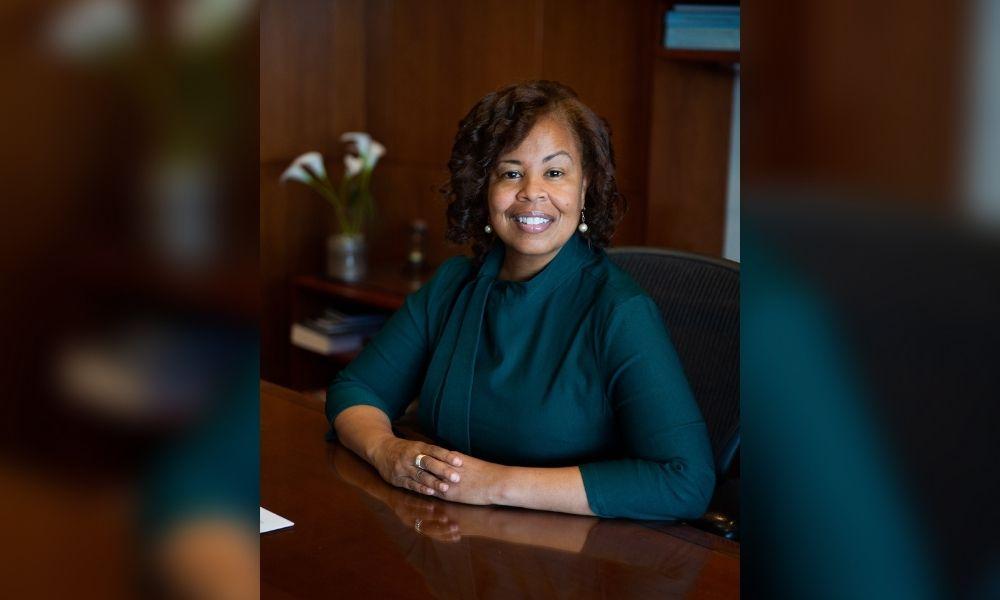Los Angeles County’s Chief Executive Officer previewed a $38.6 billion recommended budget for the 2022–23 fiscal year, which includes four new departments and $1 billion to address homelessness.
County CEO Fesia Davenport will present the budget on April 19 to the county’s Board of Supervisors.





